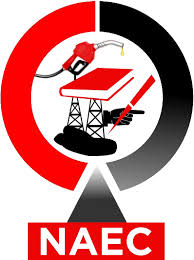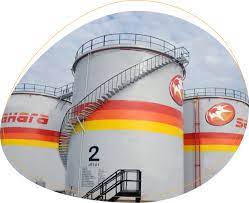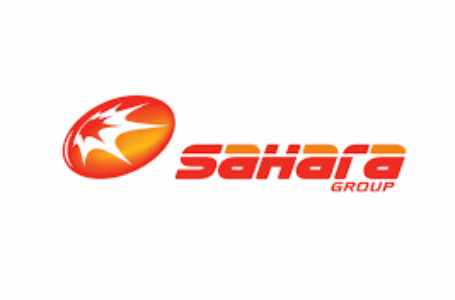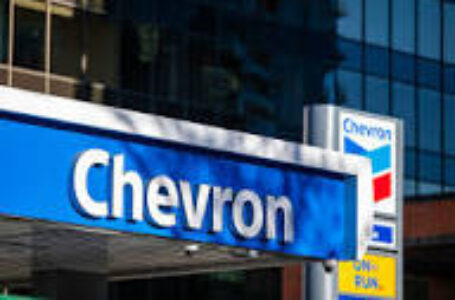NAEC Energy Conference: Stakeholders demand priority for gas investment bankability

‘How govt, stakeholders can take gas to the last mile consumers, assure sustainable growth,’ Sahara Group, Neconde Energy Limited, Rainoil Limited, Eterna Plc share thoughts on why time is ripe for the domestic gas market to provide compelling signals for RoI

Key stakeholders in the Nigeria’s Energy space have heightened demand to give priority attention to ensuring that gas investments in the country are bankable.
The stakeholders who shared their thoughts during a panel seesion at the just concluded Annual Energy Conference of the Association of Energy Correspondents of Nigeria (NAEC) in Lagos, maintained that doing this remains one of the best ways to attract more investment and achieve the Decade of Gas agenda.
The panel discussants from Neconde Energy Limited, Rainoil Limited, Eterna Plc and Sahara Group particularly emphasized the urgent need to make the domestic gas market deliver commercial returns to all investors assisting in the Decade of Gas programme.
The panel session was themed; “Accessing Financing And Investment For Gas.”
Managing Director of Sahara Power Group, Mr. Kola Adesina said that Africa needs to adopt collaborative policies, sustained multi-stakeholder investments, and bold reforms in the quest of addressing the continent’s low energy access.
Represented at the NAEC Conference by Head, Corporate Communications at Sahara Group, Mr. Bethel Obioma, Adesina who earlier delivered a keynote titled; “Role of Technology in energy sector growth,’ said; “the continent’s pressing energy challenges require immediate action involving African nations and international partners to adequately power underserved regions, promote renewable energy adoption, and improve energy efficiency across the continent.
To achieve this, Adesina said that making investments bankable is central to sustainability and growrh in the energy sector.
The, he continued, must ensure that any energy agenda adopted has strong governance and sustainability components for continuity and longevity.
“Huge investment in technology would also be required to expand the energy mix to include more modern renewable energy sources.

“Sahara Group will continue to champion sustainability across the continent and thus, supportive legislation, environmental consideration, safety and the sustainable development goals must be well articulated in our agenda at all fora like the NAEC conference and we would be looking at applicability across markets with different capacities.”
Acting Managing Director and Gas Asset manager at Neconde Energy, Engr Chichi Emenike, demanded that commerciality of investments in providing gas to the domestic market has become critical in making projects bankable
She stated that the bankability of gas investments in providing the molecules that power electricity generation plants and fire home cooking requires that the capital deployed in providing the products returns to the investor with some margins.
All the panelists agreed that time has come for the domestic gas market to provide compelling signals for commercial return, challenging government’s policy and programme drivers and regulators to play their roles in providing common infrastructure and facilities that take gas to the last mile customers.
Chief Executive Officer of Eterna Plc, Mr Olumide Adeosun, who explained the frustration of the retail investors in the chain, stated that switching from traditional fuels to cleaner gas options requires capital investments from poor households in the country.
He also decried the low domestic gas cylinder and cooker production capacity at a time when the country was driving massive gas penetration initiatives. He stated that the cost of switching from traditional fuels, including kerosene, deters millions of Nigerian homes from the adoption of gas for domestic application.
Panellists agreed that other programmes aimed at deepening the market should include policies that accelerate the adoption of gas for diverse applications by making it easier and more affordable for consumers.
The Presidential Compressed Natural Gas (PiCNG) Initiative which targets to popularize use of natural gas as alternative fuel for transportation in the country has not gained any level of traction with the motoring public because of the prohibitive cost of converting internal combustion engines to run on gas.
The main concerns, according to earlier surveys conducted by our correspondents, are the high cost of conversion, availability of gas refuel outlets along major highways in the country, and sustainability of CNG supply in the market.
To address the cost of conversion, Mr Adeosun proposed that government should incentivize conversion of heavy vehicles and industrial equipment to run on CNG while the mostly older vehicles that dominate private and local transit could be addressed later.

He also called on government to directly intervene with supply of adoption kits including gas cylinders, stoves and cookers to mainly rural and low income Nigerian homes to enable them overcome the cost of switching from dirtier kitchen fuels.
He, again, called for policies that make inclusion of gas reticulation infrastructure and facilities in future and existing residential estates mandatory in order to create more structured demand for liquefied petroleum gas (LPG) and compressed natural gas (CNG) for home applications.
Without developing the last mile demand centres through robust infrastructural development that connects the market with consumers, the panellists argue that the key objectives of the prevailing campaign for gas penetration might not be realized in good time.






